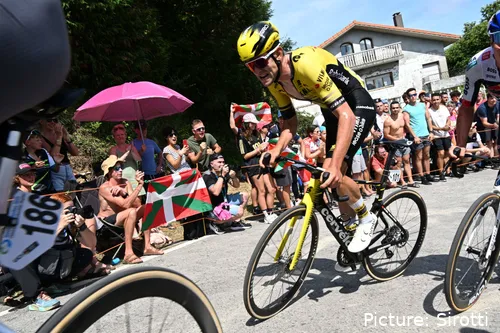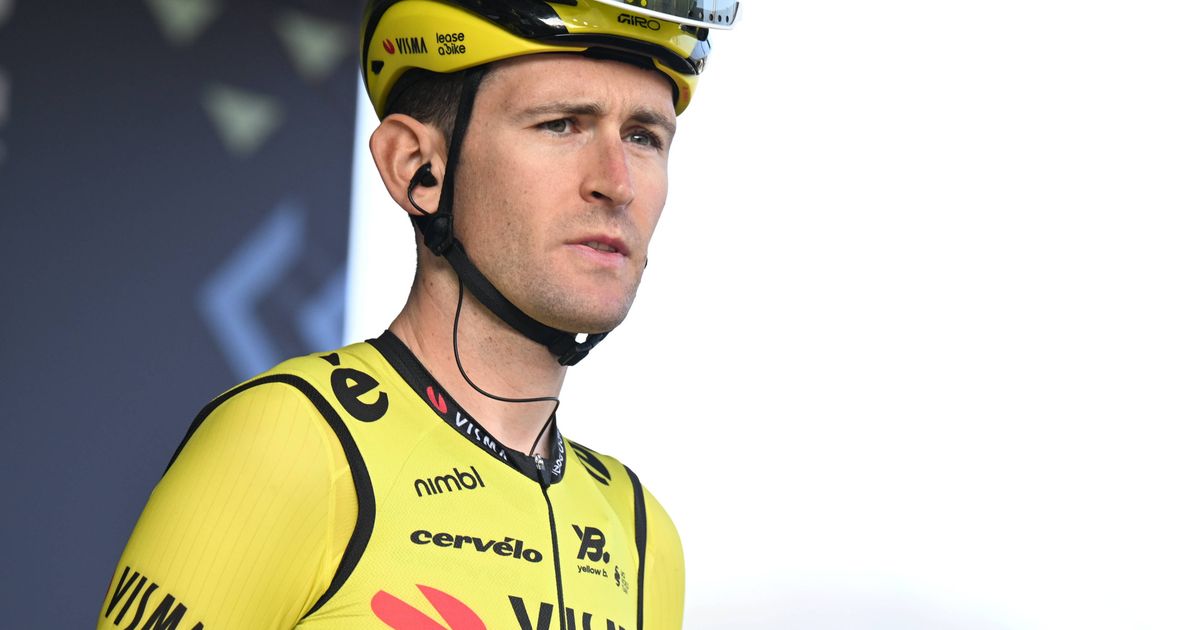Tiesj Benoot has sounded an alarm over what he views as an increasingly intense developmental culture in men’s road cycling, warning that the current generation of rising stars risk burning out long before they hit their prime.Speaking on the Thomas Guenter Podcast, the 31-year-old reflected on how radically the sport’s pathways have shifted since he turned professional in 2015. Where the Belgian eased into the WorldTour after enjoying a balanced life as a teenager, he believes today’s prospects face far greater pressure from the outset.
“It is a trend in cycling that everything becomes very serious at a very young age,” Benoot explained, noting how early structure and expectation have become the norm. He pointed to the sport’s technological boom as a key driver, adding that with performance data “everything can be measured and known”.
Social pressure and shrinking lives
Benoot also highlighted the role of social media in reinforcing extreme dedication as the only acceptable pathway. “Young riders can see everything a professional does — for example, photos of people weighing their food. And I do not think that is a good trend,” he said.
His concern is not theoretical. Benoot fears an era is approaching where promising riders exit the sport before their careers have truly begun. “You see talents quitting at 21 or 22 years old,” he noted. “They started cycling as a hobby, but through all those small details they lose the joy completely and get mental problems.”
The former Strade Bianche winner contrasted his own youth — where going out in Ghent’s Overpoort district with friends was still part of life at 18 — with what he now observes among prospect-level athletes. “It is a bit frightening to see how small the social circle is for young riders,” he admitted, adding that in many cases “parents try to realise their own dreams through their children”.

Benoot in action
A sport searching for balance
Benoot’s reflections land at a time when the WorldTour is witnessing unprecedented teenage breakthroughs and WorldTour teams are investing heavily in junior-level systems. Yet his message carries a note of caution: professional habits are essential, but safeguarding the long-term enjoyment and mental health of young riders is equally critical to sustainable success.
As cycling’s talent pipeline accelerates, Benoot’s call serves as a timely reminder that even in the era of marginal gains and improvement, humanity and longevity must remain part of the equation for the riders.

